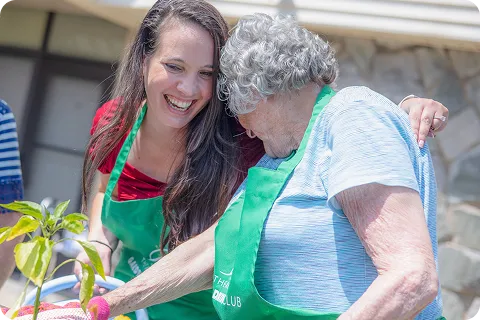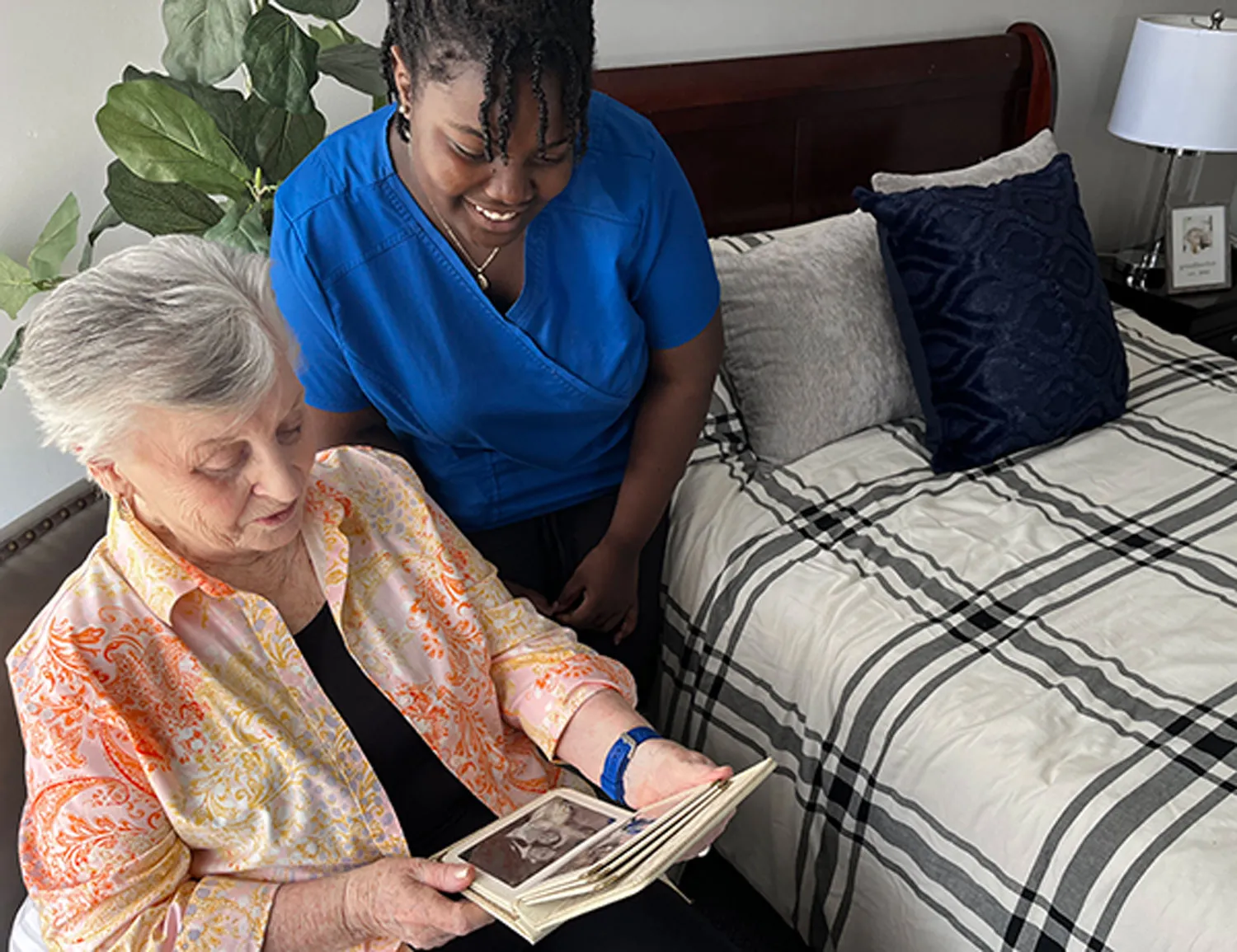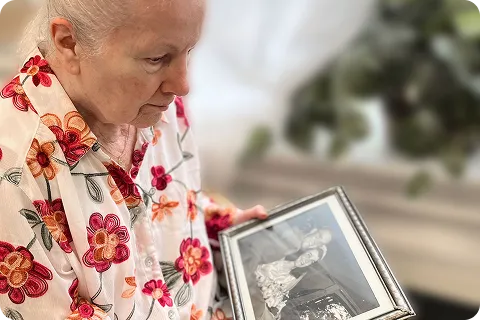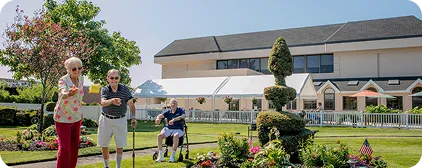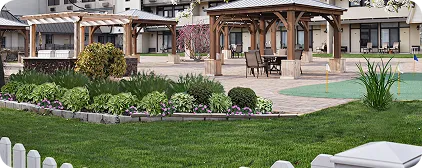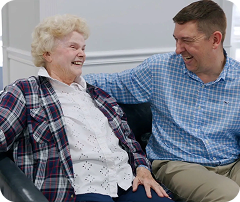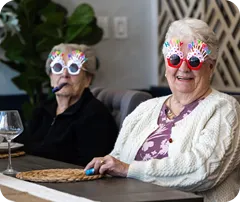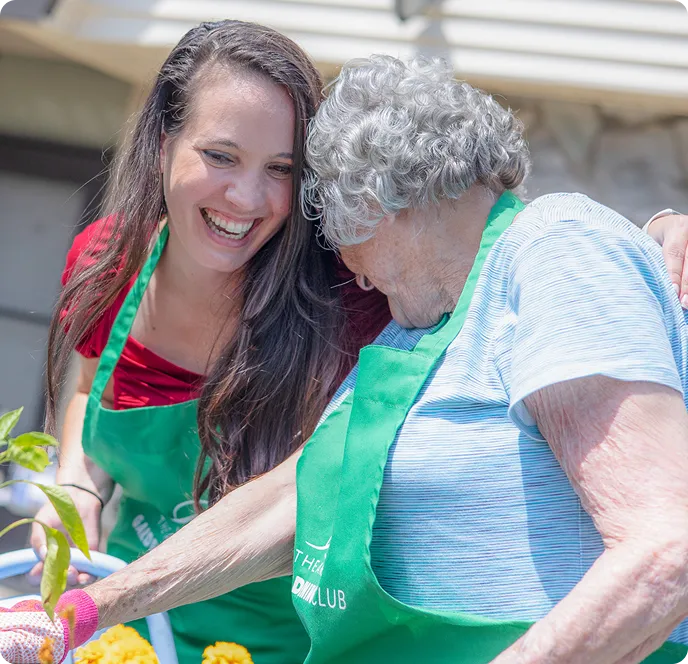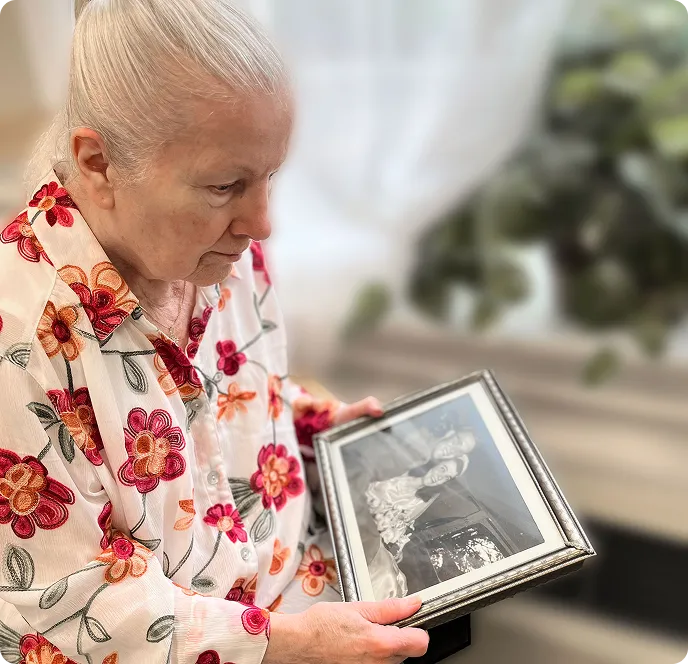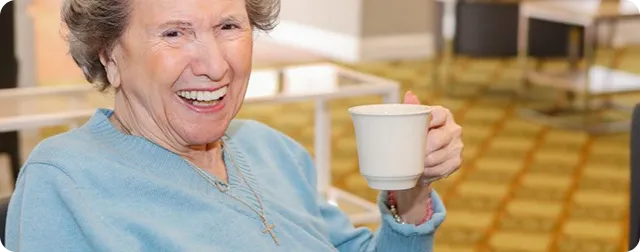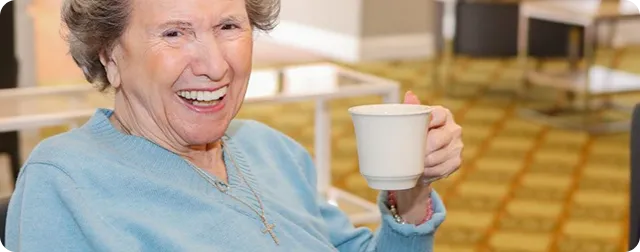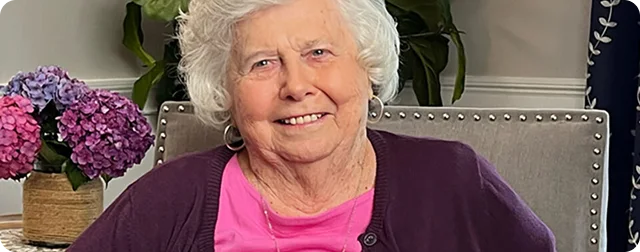(631) 778-7747
Recognizing Signs of Depression in Senior Citizens

Recognizing Signs of Depression in Senior Citizens
February 2, 2018
The transition from an independent lifestyle into an assisted living community is weathered by senior individuals in various ways. Some people transition easily, and find that a closer environment is ideal for their personal tastes. Others, experience feelings that are unexpected and difficult.
When a person adjusts to a new environment, they can develop symptoms of depression. This is not necessarily caused by the actions of family members and a welcoming community staff. It is simply a natural reaction that sometimes accompanies a radical shift in living situations. For older folks, this often manifests as depression.
There are several subtle symptoms that family members observe in their eldest that might indicate the emergence of depression. These symptoms are understandable if the transition to an assisted living community involves major life shifts. Older individuals experience the same emotional and environmental stress as younger people. Recognizing signs of depression early is important for making a living transition easier.
A Loss of Interest in Activities
A natural reaction to a change in environment is the temporary disassociation from favorite hobbies and activities. This is a safety mechanism that people exhibit normally when faced with a life change. Being separated from a favorite activity can cause anxiety and fear. Every person transitioning to an assisted living environment should be assured that they are always free to pursue their personal passions.
Decreased Social Interest
When a person makes the shift to an assisted living environment they can easily assume that their role as a family member is diminished. If someone thinks that they suddenly are less important to their loved ones, they will subconsciously adopt this position. A sudden loss in the welfare of family members and friends is a sign of emerging depressive thoughts.
Changes in Outlook
The goal of great assisted living communities is to help people maintain their preferred lifestyles, while adjusting to more convenient and safer environments. A person with a happy and carefree personal outlook who moves to a community could suddenly become reclusive and wary of things like hygiene, daily interaction, and favorite hobbies. These changes can indicate powerful negative changes leading to depression.
Our goal is to provide an environment where every resident can sense the freedom to remain who they are, while relying on a compassionate staff to help them with life transitions. Senior members of our society are a great resource. They deserve comfort and help at every stage. We strive to make all aspects of our community inviting for any personality. When a loved one begins exhibiting symptoms of classic depression, we work with family members to make sure all concerns are addressed fully.
Recent News
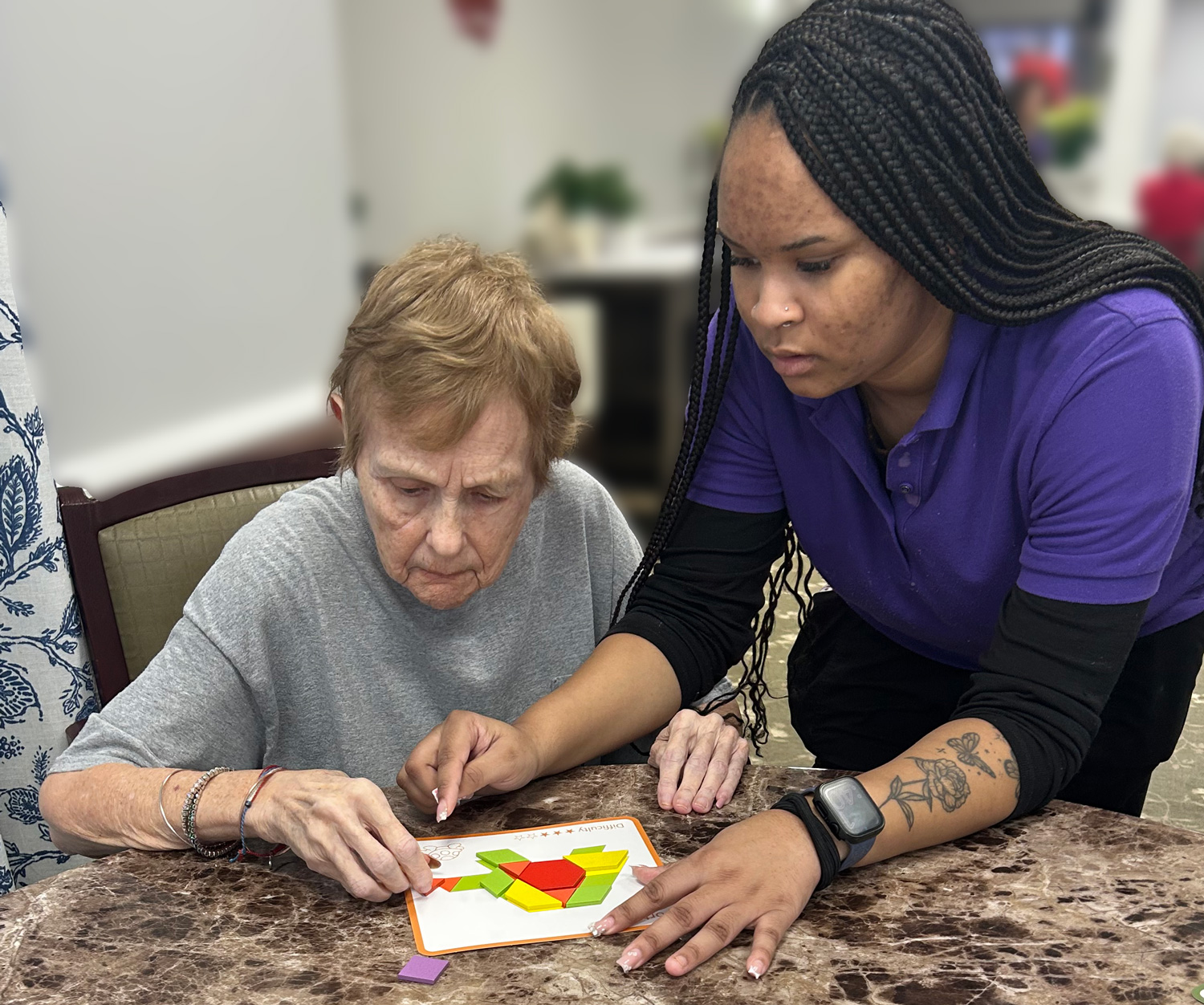
The Power of Touch
February 9, 2026
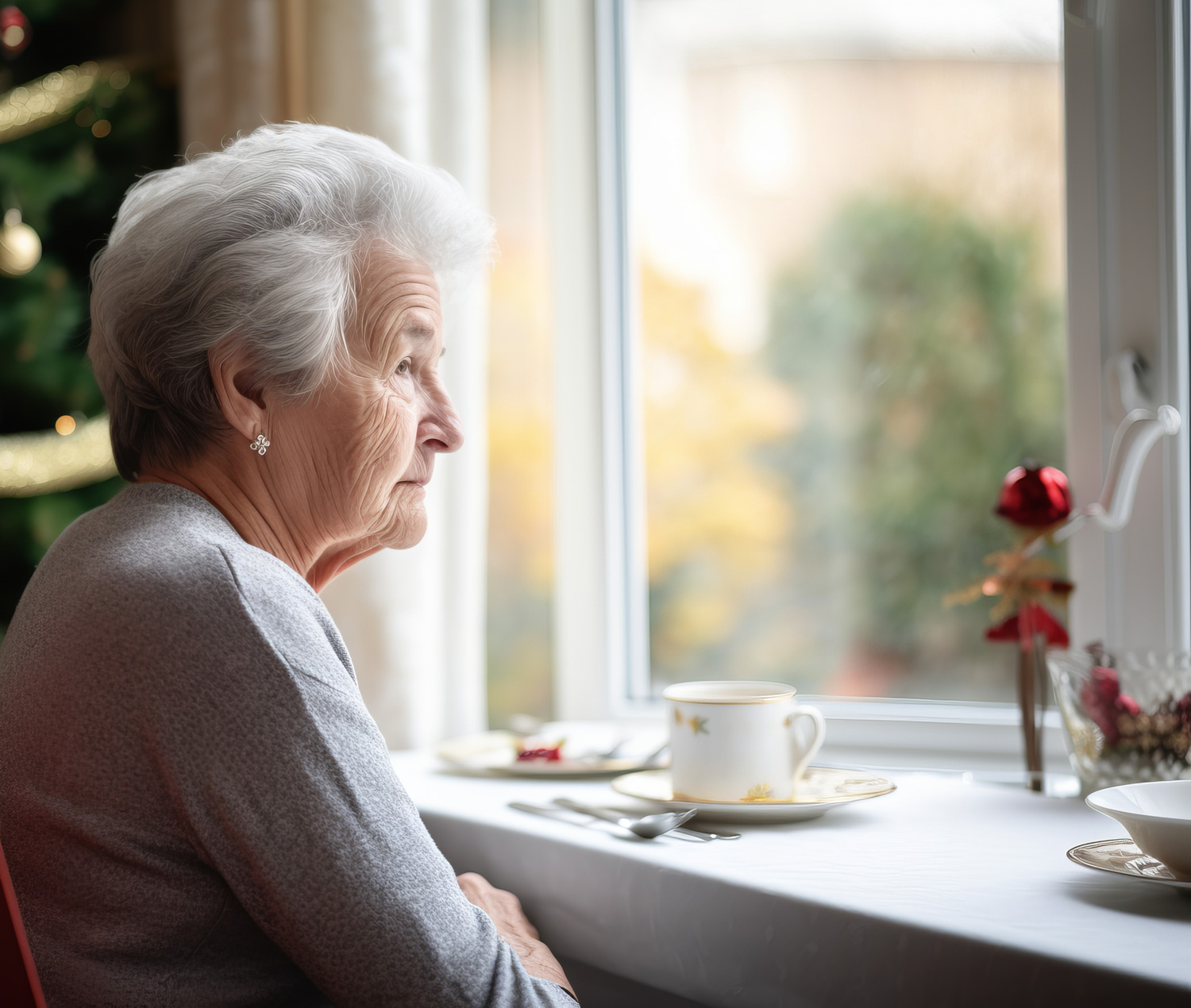
Winter Readiness for Caregivers: Do You Have a Plan?
January 6, 2026

Important Topics to Discuss With Local Assisted Living Centers
November 10, 2025

When It’s Time: Helping Your Parents Accept the Need for Assisted Living
October 15, 2025

How to Encourage an Aging Parent to Shower When They Refuse
July 2, 2025
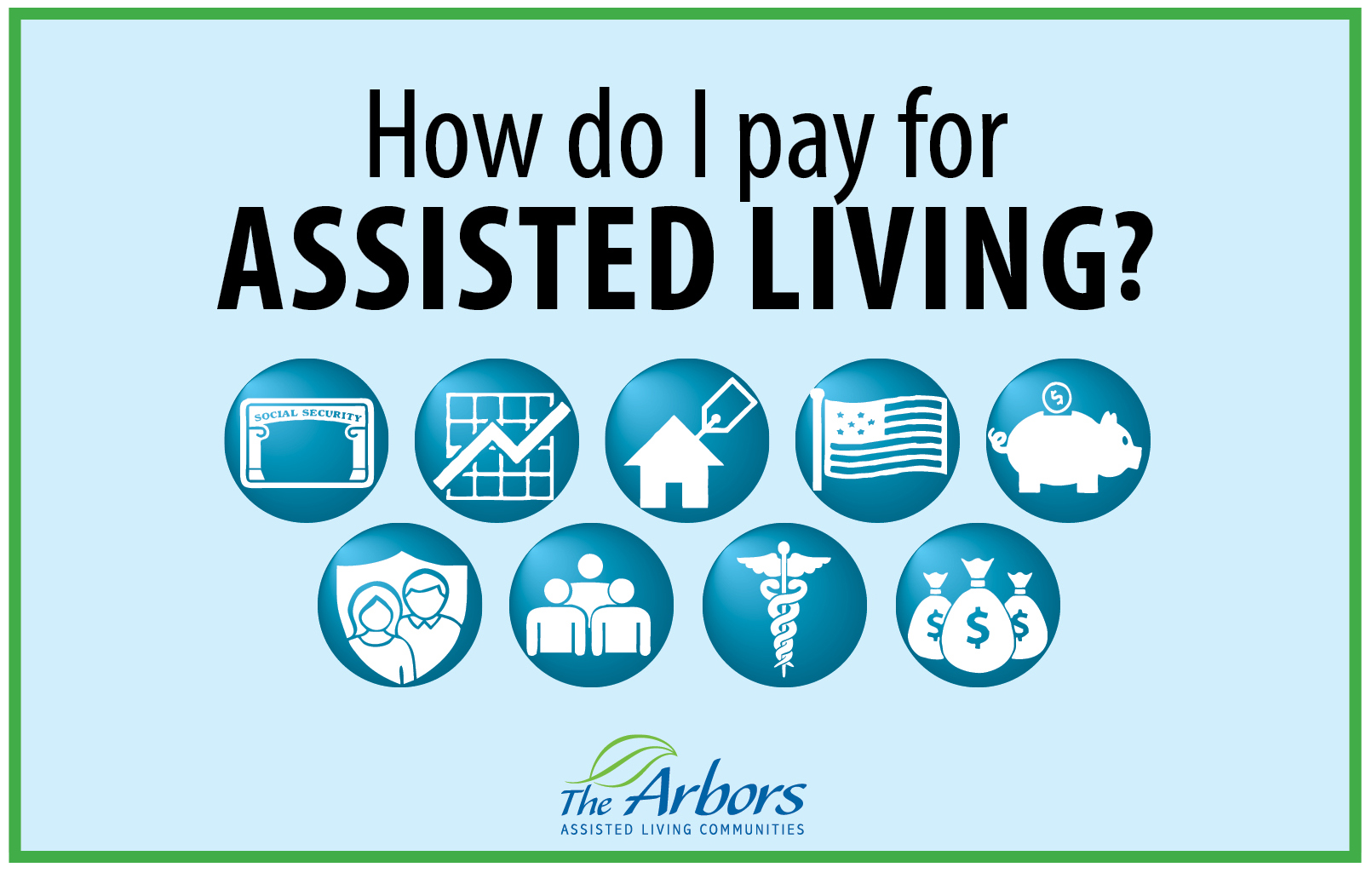
How Do I Pay for Assisted Living
June 6, 2025
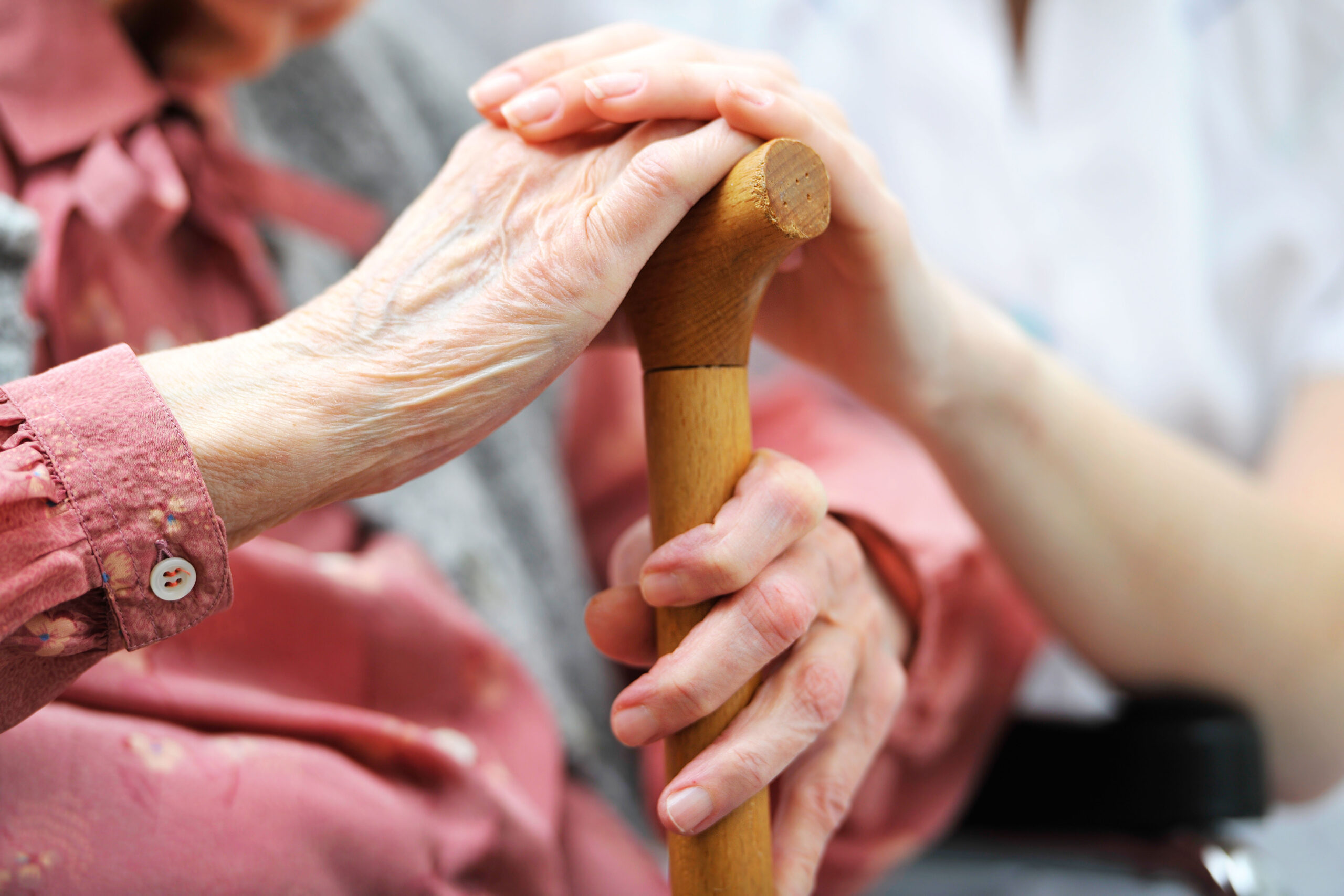
3 Signs You Should Consider Assisted Living
May 15, 2025
GET IN TOUCH
Let’s Talk About Making The Arbors Your Home
REQUEST A VISIT
Schedule a Tour of our Long Island Assisted Living Communities



